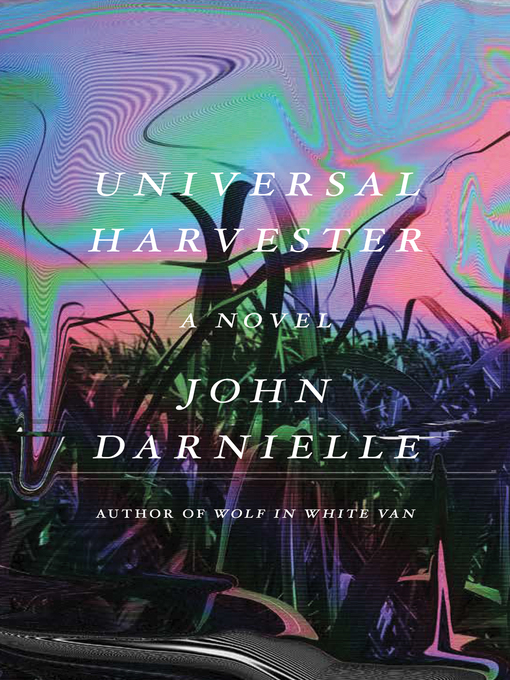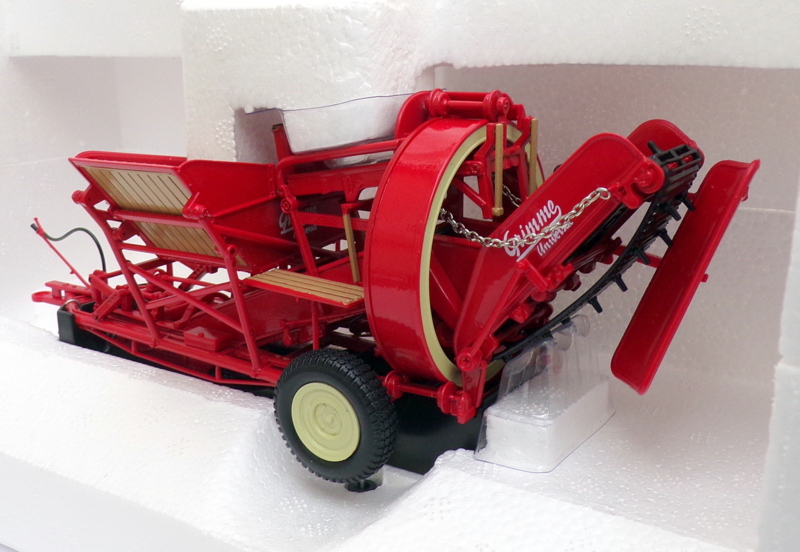

His work wields its earnestness like a blunt weapon.

His lyrics for the Mountain Goats examine addiction, love, heartbreak, travel, or describe scenes of quiet devastation or life-altering choices a dirty reality that’s intimate and immediate. John Darnielle, author of Wolf in White Van (2014) and front man of the band Mountain Goats, has made a life and an artistic career out of articulating the kind of “dirty realism” that Petty exalts.

I promise that it’ll make sense by the end.

It annoyed me so deeply that I’m shoehorning it into a review of a novel that I thoroughly enjoyed. I hated this essay so much that I hid in the bathroom at work for fifteen minutes to articulate my irritation on Twitter (not sorry, that job was terrible). Junot Díaz, Zadie Smith, Ta-Nehisi Coates, Imogen Binnie, Louise Erdrich, Sherman Alexie-none of those writers merited a mention, since they write about immigrants, or black or native people, or transgender women, which somehow disqualifies them from the working class. Left unsaid, of course, is that Petty’s working definition of “working-class” was entirely confined to a white working class, mostly men, preferably straight and cisgender. He glorified the genre like New York literati and English professors glorified it at the time: as exciting squalor for tourists that wanted to slum it in flyover country. After quoting some shaky analyses about why this might be, he implored a return to the so-called “dirty realism” of authors like Raymond Carver. In “ Dirty Life and Times: The Past, Present, and Future of Working Class Literature,” author Adam Petty argued that while conversations about representation of LGBTQ folks and people of color are brisk and ongoing, nobody wanted to talk/read/write about the working-class. It came from Electric Literature, a nonprofit online journal that I generally enjoy reading. One of the worst hot-takes I read on the Internet last year was not on Huff Po or a high school acquaintance’s Facebook wall.


 0 kommentar(er)
0 kommentar(er)
